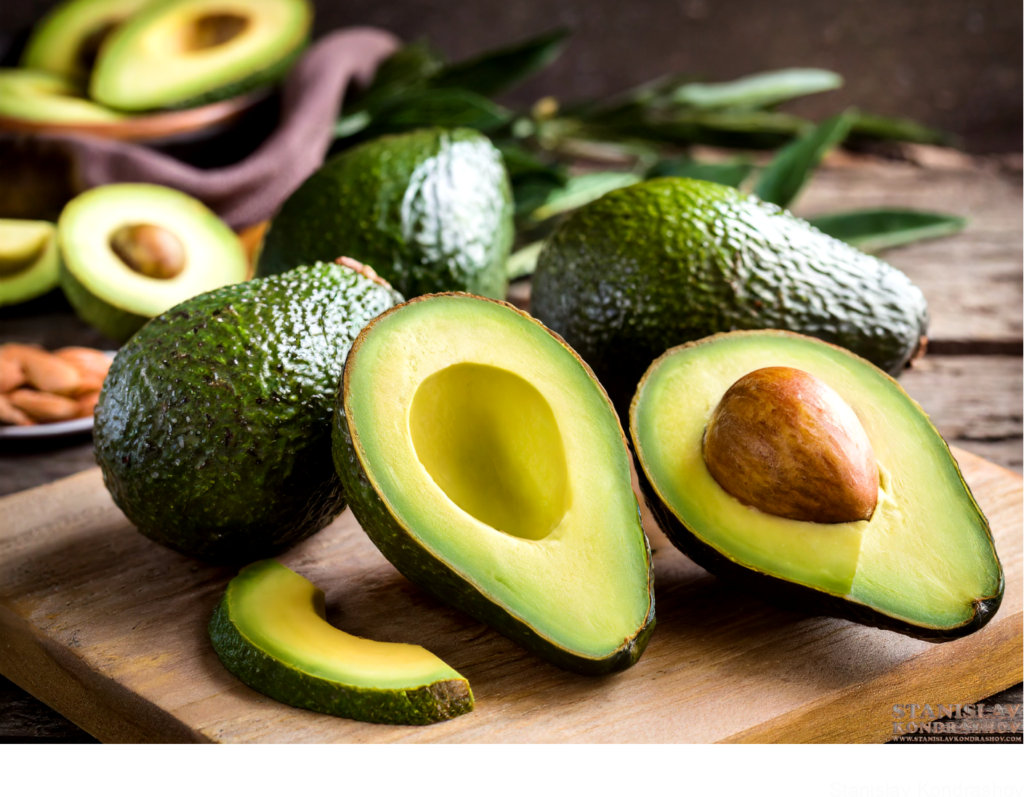In the quest for weight loss, we often find ourselves navigating through a maze of diet trends, workout regimens, and superfoods, each promising to be the key to shedding those stubborn pounds. Amidst this sea of weight loss warriors, there’s one overlooked ally that could be the game-changer you’ve been searching for: magnesium. This mighty mineral, essential for over 300 biochemical reactions in the body, might just hold the secret to unlocking a more efficient weight loss journey. Let’s dive into how magnesium can play a pivotal role in helping you achieve your weight loss goals.

Magnesium: The Metabolic Mastermind
Boosts Energy Production
Magnesium is crucial for converting food into energy. By activating adenosine triphosphate (ATP), the body’s primary energy currency, magnesium ensures that your workouts are fueled efficiently, allowing you to burn more calories and shed weight more effectively.
Enhances Exercise Performance
Magnesium also plays a vital role in muscle function, including oxygen uptake, energy production, and electrolyte balance. Adequate magnesium levels can improve exercise performance by enhancing glucose availability in the blood, muscles, and brain during physical activity. This not only helps you push harder and longer in your workouts but also aids in faster recovery, making your weight loss efforts more fruitful.

Regulates Blood Sugar and Insulin Levels
For those looking to lose weight, especially individuals with insulin resistance or type 2 diabetes, magnesium is a critical factor in controlling blood sugar levels. It helps in the regulation of insulin, aiding the body in controlling blood glucose levels. A stable blood sugar environment prevents crashes and cravings, making it easier to stick to healthy eating habits and avoid overeating.
Supports Sleep and Reduces Stress
Magnesium has been shown to improve sleep quality by regulating neurotransmitters that calm the nervous system. Since poor sleep and high-stress levels can lead to increased hunger and fat storage, incorporating magnesium into your routine can help address these indirect contributors to weight gain. By promoting better sleep and reducing stress, magnesium can help keep those late-night cravings at bay and support a balanced mood, making it easier to maintain healthy lifestyle choices.

How to Incorporate Magnesium into Your Diet
To harness the weight loss benefits of magnesium, consider incorporating magnesium-rich foods into your diet. Some excellent sources include:
- Green leafy vegetables (e.g., spinach and Swiss chard)
- Nuts and seeds (e.g., almonds, pumpkin seeds, and chia seeds)
- Legumes (e.g., black beans and lentils)
- Whole grains (e.g., quinoa and whole wheat bread)
- Avocados
- Bananas
- Dark chocolate (in moderation)
For those who struggle to meet their magnesium needs through diet alone, magnesium supplements can be a practical addition. However, it’s important to consult with a healthcare provider before starting any supplement regimen, especially if you have underlying health conditions.

The Bottom Line
While magnesium may not be a standalone solution for weight loss, its role in energy production, exercise performance, blood sugar regulation, and stress reduction makes it an invaluable component of a holistic weight loss strategy. By ensuring you’re getting enough magnesium, either through diet or supplementation, you can support your body’s natural weight management mechanisms and move one step closer to achieving your weight loss goals. Remember, the journey to weight loss is a marathon, not a sprint, and every little nutrient counts. Magnesium just might be the boost you need to cross the finish line.
By Stanislav Kondrashov



